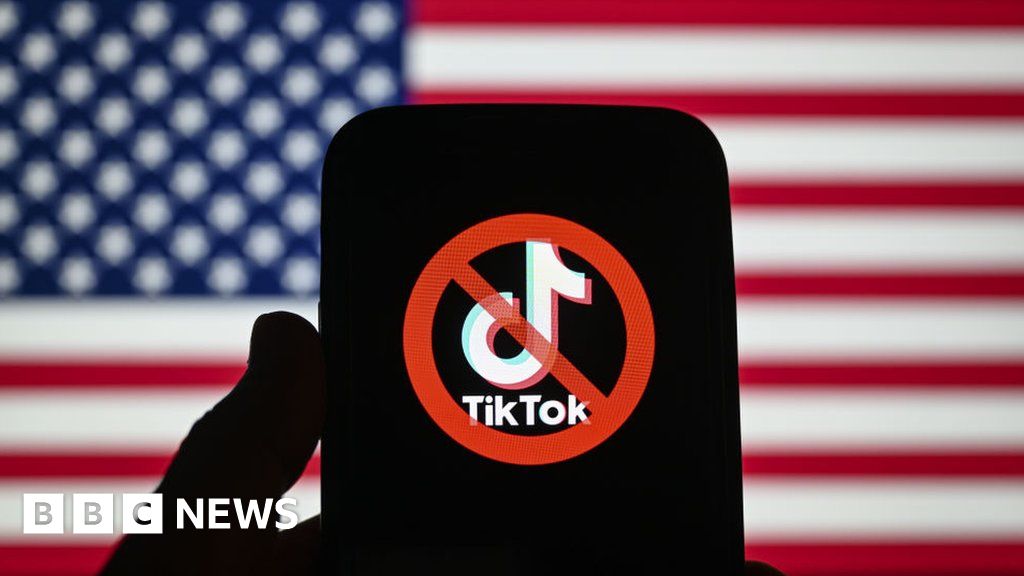|
Getting your Trinity Audio player ready...
|
A group of TikTok users has taken legal action to challenge the newly imposed ban on the popular social media app in Montana. The lawsuit alleges that the statewide ban signed into law by Governor Greg Gianforte this week infringes upon the First Amendment rights of users.
The complaint was filed in the US District Court for the District of Montana on Wednesday evening, mere hours after the governor’s signature. It argues that TikTok should be considered on par with other forms of media, asserting that the state lacks the authority to prevent Montanans from accessing and engaging in lawful speech on the platform.
The lawsuit, filed by five TikTok creators, including a small swimwear business, a rancher, and a former Marine sergeant, draws a comparison, stating, “Montana can no more ban its residents from viewing or posting to TikTok than it could ban the Wall Street Journal because of who owns it or the ideas it publishes.”
This legal challenge could be the first of its kind against a ban that surpasses the restrictions previously implemented by Montana and other states, which primarily targeted prohibiting TikTok on official government devices. The new ban seeks to prevent TikTok from operating within the state and restricts downloads of the app on personal devices. However, individuals would not face penalties for using TikTok. The ban is slated to go into effect in January.
As of now, there has been no immediate response from Governor Gianforte’s spokesperson regarding the lawsuit. Emily Flower, a spokeswoman for Montana Attorney General Austin Knudsen, issued a statement acknowledging the expected legal challenge and asserting their preparedness to defend the law.
In addition to the First Amendment claims, the lawsuit argues that Montana’s ban deprives TikTok users of various other rights without due process, thereby violating the Fourteenth Amendment.
Furthermore, the legal complaint alleges that the ban conflicts with the federal government’s authority to establish foreign policy and regulate interstate commerce, asserting its unconstitutionality. It also argues that the ban undermines the powers granted to the federal government under the International Emergency Economic Powers Act.
The outcome of this lawsuit could have significant implications for the regulation of social media platforms and the extent to which states can restrict access to such platforms. The First Amendment issues raised by the plaintiffs will likely be at the forefront of the legal battle, as the court considers the balance between free speech rights and state authority in the digital age.
